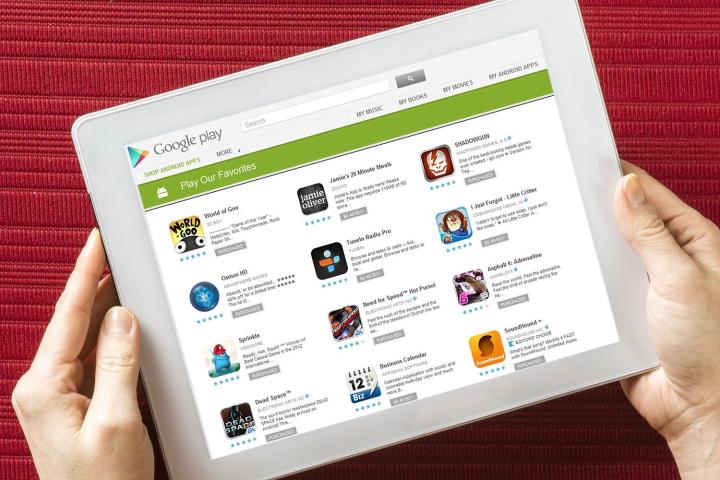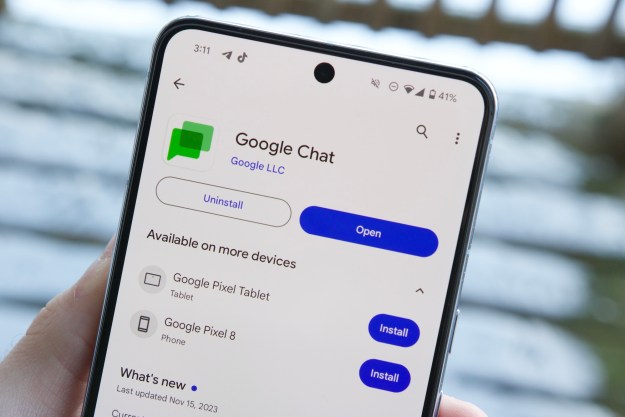
Last quarter, China was the biggest market in the world for app downloads from the Apple app store, though the United States still led in terms of paid downloads. But with this sort of opportunity, Google simply can’t afford to ignore the Chinese market anymore, and according to Shanghai’s China Business News, the tech giant is deep in conversations to reintroduce the play store to billions of potential new customers.
Back in February, Google senior vice president of products Sundar Pichai told Forbes, “I see it (China) as a huge opportunity in which we are playing as an enabling platform today and hopefully we have a chance to offer other services in the future.” And now, just four months later, Wang Yanhui, director of Mobile China Alliance, has told Chinese outlets that he expects the search engine to soon be making an appearance in overseas markets, offering its sizable bevy of apps and games to eager consumers.
But just because Google enters the Chinese market doesn’t mean it will command it. Qihoo360’s 360 Mobile Assistant and Chinese search engine Baidu both have app stores of their own that are hugely popular in their home countries. And of course, Google faces the additional hurdle of some of their services’ bans in the highly censored nation. Rockchip Electronics senior vice president Chen Feng noted, “The problem Google has now is that its Gmail and map are blocked (in China). The key question is whether the government will lift the ban.”
Still, if Google is being allowed to enter the Chinese market, this may bode well for a number of other American technology companies that are also currently locked out of the country. So bury a hatchet Google, and perhaps open up the doors for the rest of us.
Editors' Recommendations
- Google is making it easier for you to find and download Android apps
- Google Messages vs. Samsung Messages: Which app should you use?
- Google is paying a $700 million fine, and you’re getting some of it
- These developers are doing something amazing with iPhone and iPad apps
- Google Maps got a major update, and people hate it


